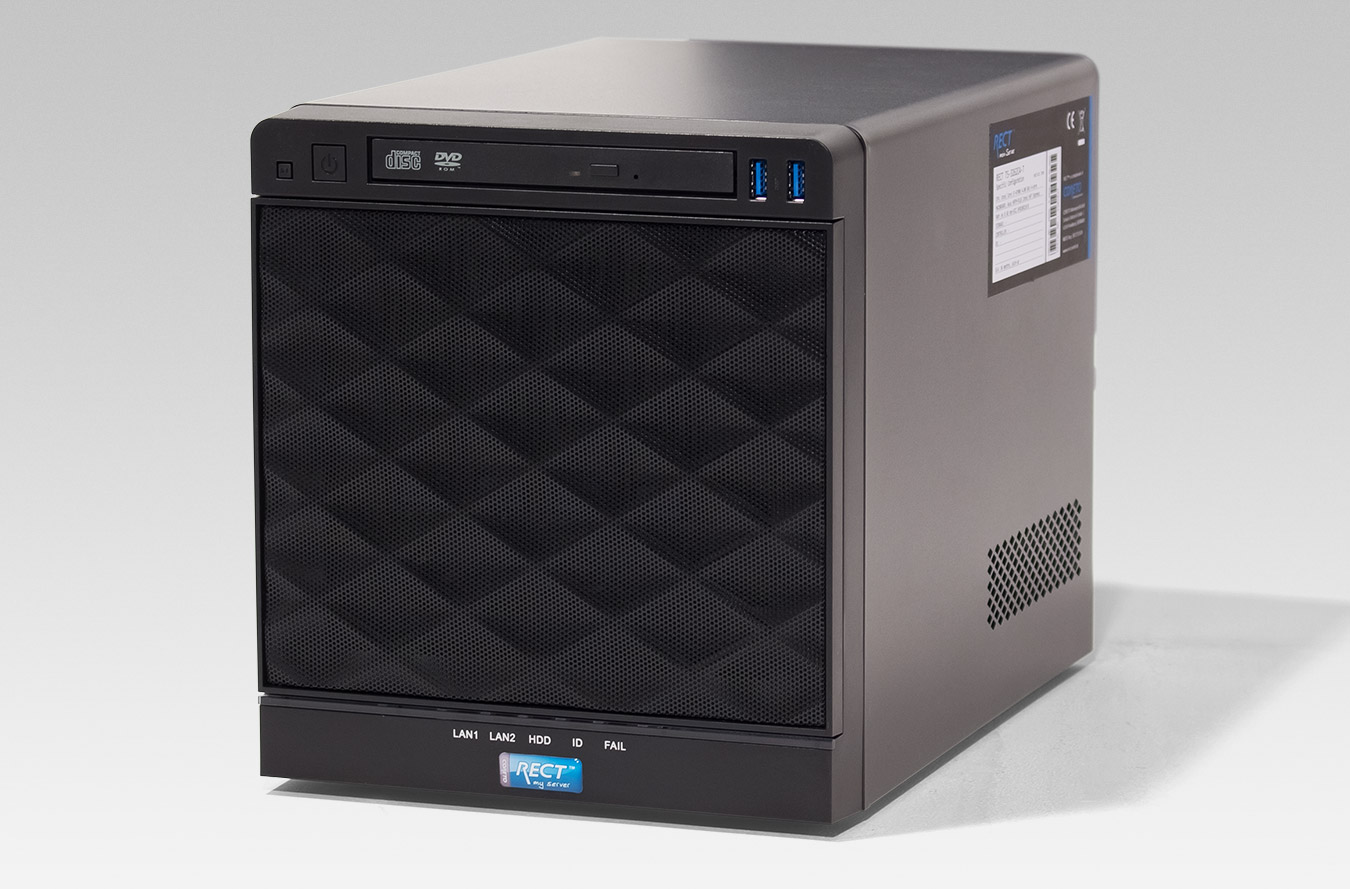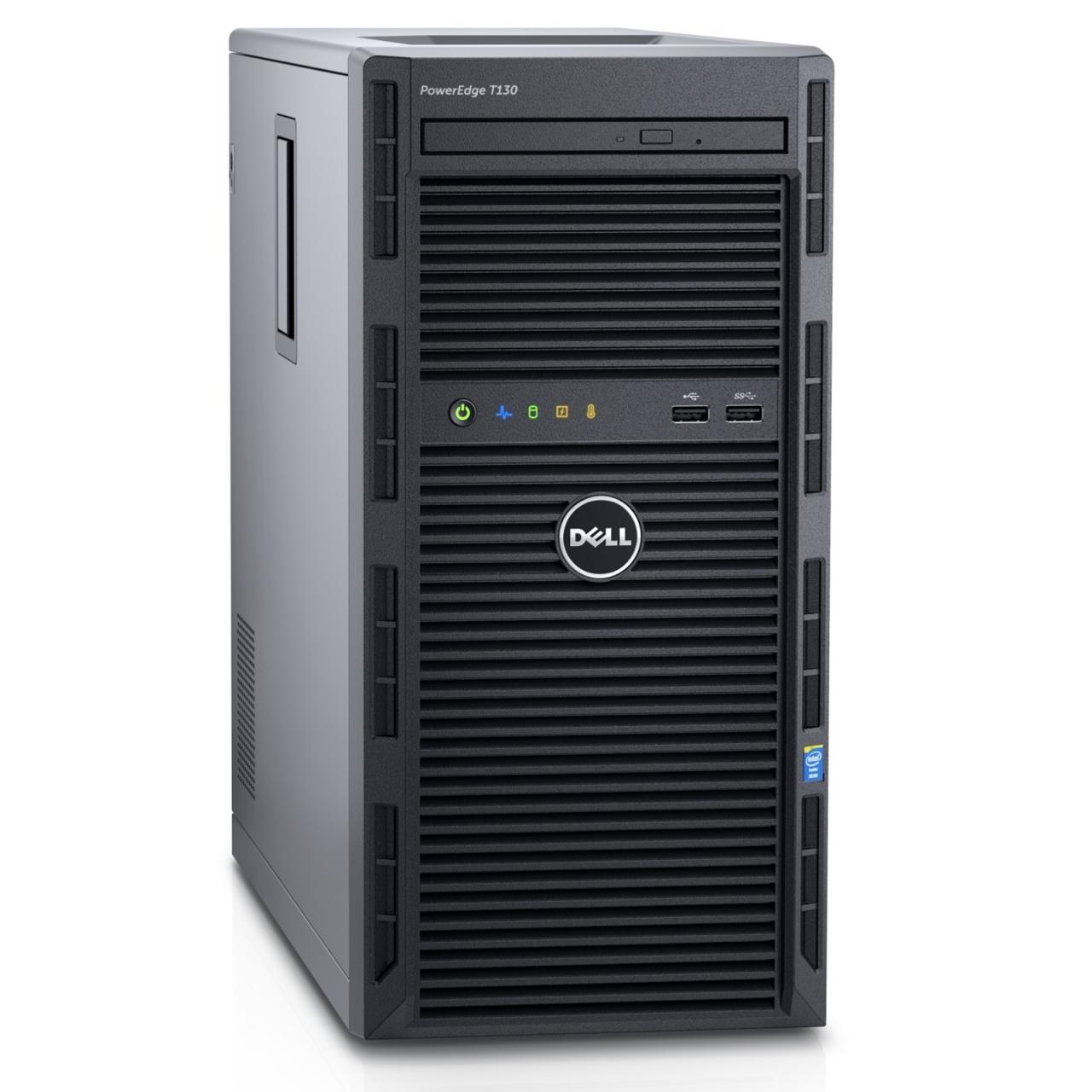Mini servers, often referred to as compact or small form factor servers, are a powerful and versatile computing solution that packs a punch in a small footprint. Unlike traditional servers that dominate entire server rooms, mini servers are designed to be compact and energy-efficient, making them ideal for various applications.
These miniature powerhouses offer a wide range of benefits, from cost-effectiveness and space efficiency to improved performance and scalability. They cater to a diverse range of users, including individuals, home offices, small businesses, and even large enterprises seeking to expand their infrastructure.
Choosing the Right Mini Server
Selecting the right mini server for your needs is crucial. It involves considering various factors to ensure you choose a server that can effectively handle your workload and meet your specific requirements.
Determining Processing Power, Memory, and Storage
The processing power, memory, and storage capacity of a mini server are key factors to consider. These aspects directly impact the server’s performance and its ability to handle various tasks efficiently.
The processing power, measured in GHz, determines how quickly the server can process data. A higher GHz rating generally translates to faster processing speeds. For tasks requiring heavy processing, such as video editing or running complex applications, a server with a higher GHz rating is recommended.
Memory, measured in GB, plays a crucial role in storing data temporarily for quick access by the CPU. A larger memory capacity allows the server to handle multiple tasks simultaneously without experiencing performance bottlenecks. Servers with a higher memory capacity are beneficial for tasks requiring large amounts of data processing, such as running multiple virtual machines or managing large databases.
Storage capacity, measured in TB, determines the amount of data the server can store permanently. The type of storage can vary, including hard disk drives (HDDs), solid-state drives (SSDs), or a combination of both. HDDs are typically more affordable but offer slower data access speeds compared to SSDs. SSDs, while more expensive, provide significantly faster data access, improving overall system performance.
To determine the appropriate processing power, memory, and storage for your needs, consider the following factors:
- Number of users: If you expect a large number of users accessing the server simultaneously, you will need a server with sufficient processing power and memory to handle the load.
- Applications and workloads: The type of applications and workloads you plan to run will influence the required processing power, memory, and storage. For example, resource-intensive applications like video editing or gaming will require a server with higher processing power and memory.
- Data storage needs: The amount of data you need to store will determine the required storage capacity. If you plan to store large files or databases, a server with a higher storage capacity is essential.
Operating System and Software Compatibility, Mini server
The operating system (OS) chosen for the mini server plays a crucial role in its functionality and compatibility with software. It acts as the foundation upon which all other software runs. The compatibility of the chosen OS with the intended software is crucial for seamless operation.
- Operating System Choice: The choice of OS depends on factors such as the server’s intended use, software compatibility, and user preferences. Common choices include Linux distributions like Ubuntu, Debian, and CentOS, and Windows Server.
- Software Compatibility: Ensure the chosen OS supports the specific software you plan to run on the server. This includes checking for compatibility with databases, web servers, applications, and other essential software.
It is essential to consider the OS and software compatibility before purchasing a mini server. Choosing a server with an OS that supports the required software ensures smooth operation and avoids compatibility issues.
Final Summary: Mini Server

In the ever-evolving landscape of technology, mini servers are proving to be a game-changer. Their compact size, powerful capabilities, and versatility make them a compelling choice for various computing needs. Whether you’re a tech enthusiast seeking to build a home server, a small business owner looking to streamline operations, or a large organization seeking to expand its infrastructure, mini servers offer a compelling solution that combines power and efficiency.
Mini servers are incredibly versatile, offering a world of possibilities for home users and businesses alike. From hosting personal websites to running complex applications, they provide a powerful and customizable solution. If you’re looking for a creative project, consider building your own DIY wind chimes to add a touch of tranquility to your mini server setup.
The gentle chimes will create a soothing ambiance, helping you focus on your work and enjoy the fruits of your technological endeavors.

